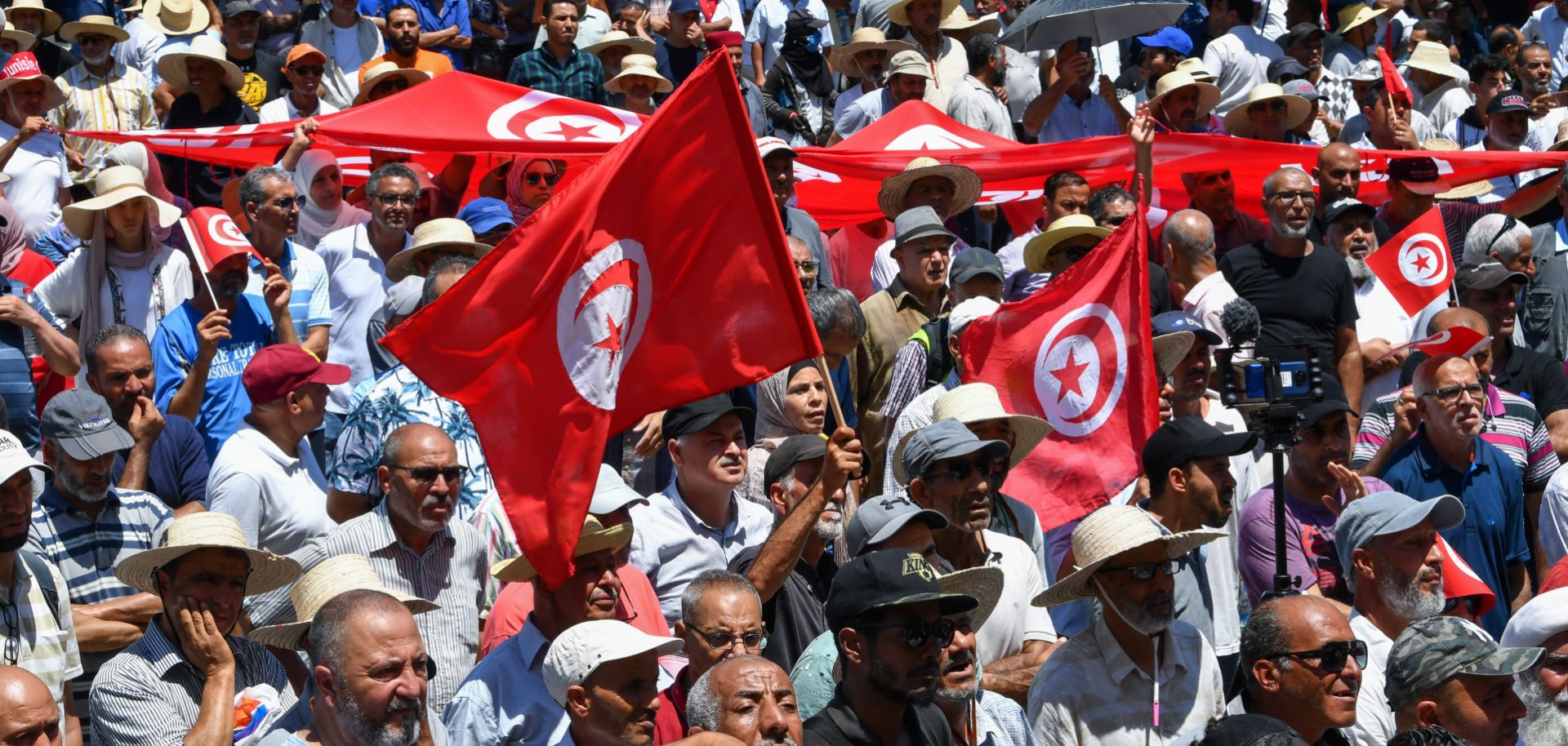In Tunisia, the likely ratification of a new constitution portends a return to the largely unchecked presidential system that Arab Spring protesters ousted a decade ago. But while it will initially sow more discord, the consolidation of power under President Kais Saied could help stabilize the North African country’s economic and political crises in the long term. On July 25, Tunisians will vote on a new constitution that was drafted through a swift and controversial consultative process overseen by President Saied. The vote will be held a year after Saied froze parliament and gave himself greater executive powers. There is no minimum level of participation for the referendum, meaning the outcome will be considered legitimate regardless of how many Tunisians end up casting ballots. The president’s office also holds significant institutional power to direct government activities and influence the electoral council’s decisions. Given these factors, the constitutional referendum is widely...

